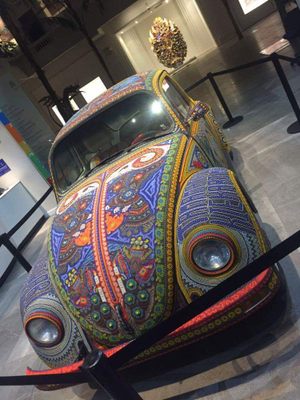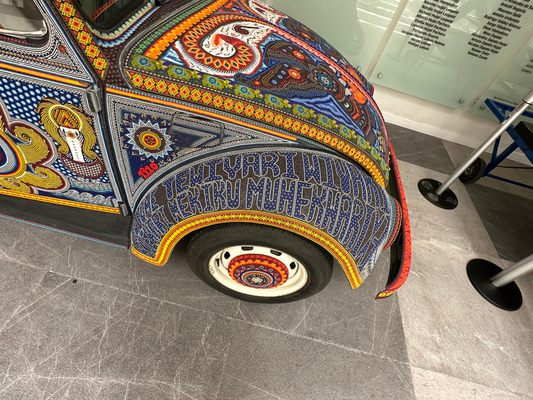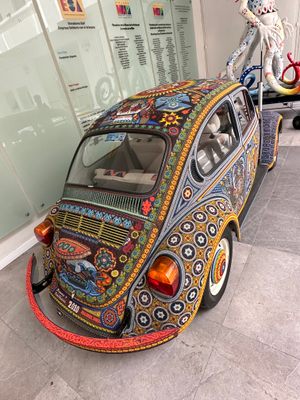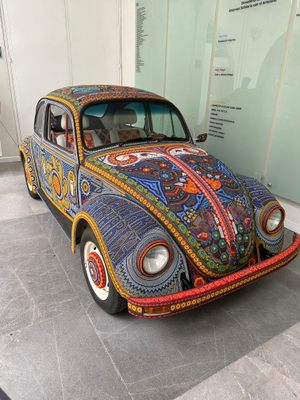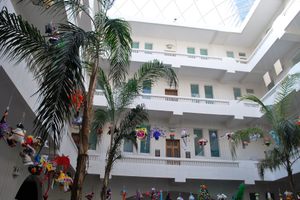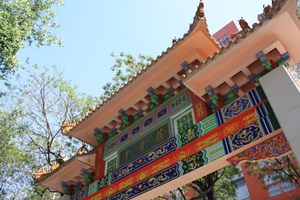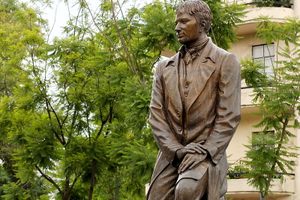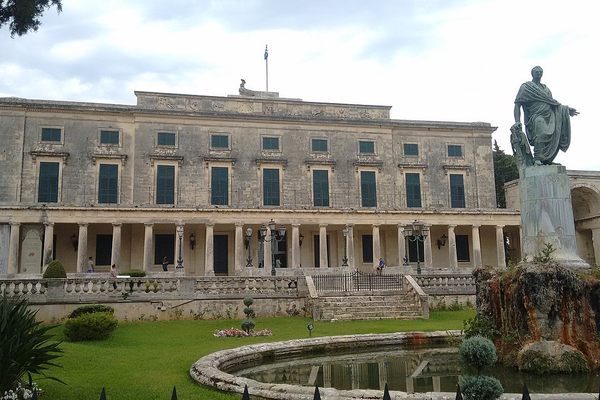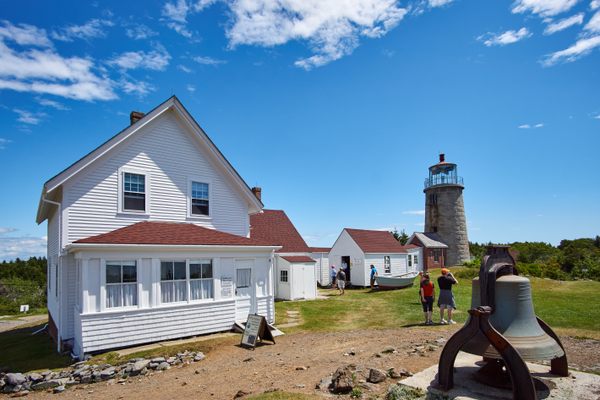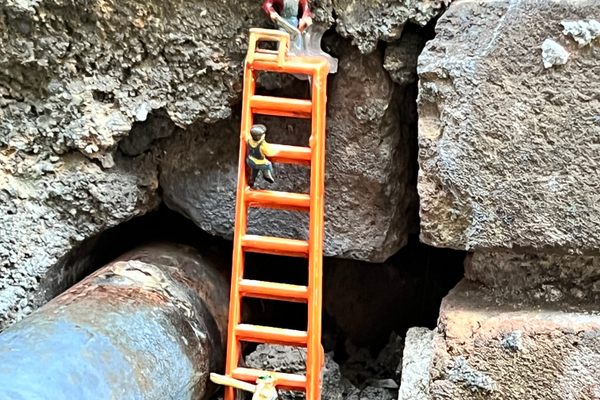About
Mexico's Huichol people are known for their intricate beaded handicrafts. In 2010, this iconic art style was immortalized in an ambitious project that saw an entire Volkswagen Beetle converted into a monument to their signature beadwork.
Setting out to bridge the traditional folk art of the Huichol (who are also known as Wixárika, or Wirrárika) with a symbol of modernity, in the form of the "Vocho," as Beetles are known in Mexico, the project was put together by the Museo de Arte Popular (Museum of Popular Art) in Mexico City. The Beetle was chosen because it is an important part of Mexican culture, serving as common taxis during the 20th century. The union of the words "Vocho" and "Huichol" gave the piece its name, "El Vochol."
With the help of several different agencies, two Huichol artisan families were contacted to participate in the work. In total, eight artisans applied 2,277,000 beads to the car over the course of over 4,000 hours.
The finished car is covered in important historical and mythological symbols. In the back, a shaman paddles a canoe, while on other parts of the car, you can find the Sun god, the deer god, the corn god, and the fire grandfather. You can also find scorpions, peyote flowers, birds, lizards, and other animals from the native region represented in the beadwork.
"El Vochol" was finished at the end of 2010, just in time for the celebration of the 200th anniversary of the start of the Mexican War of Independence, and the 100th anniversary of the Mexican Revolution (the dates are patterned in the Wixarika language on the car dashboards).
Since its completion, the car has traveled to New York, Washington, Paris, and London to be exhibited, but its permanent home is in the lobby of the Museo de Arte Popular.
Related Tags
Know Before You Go
When not on loan, the car is displayed at the main entrance of the Museo de Arte Popular in Mexico City. It is not necessary to access the museum to view it, as it is located in the lobby.
Yucatan: Astronomy, Pyramids & Mayan Legends
Mayan legends, ancient craters, lost cities, and stunning constellations.
Book NowPublished
September 26, 2019






